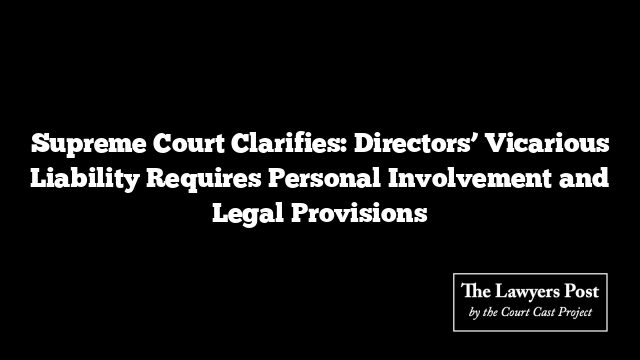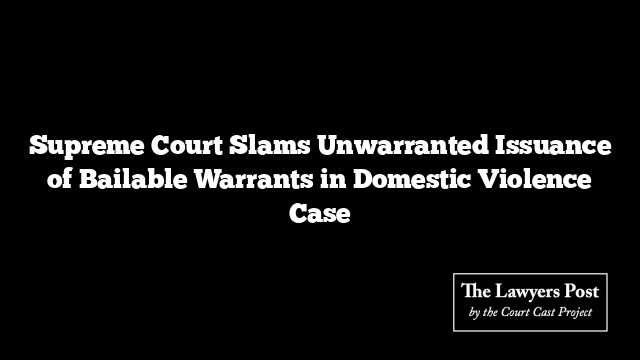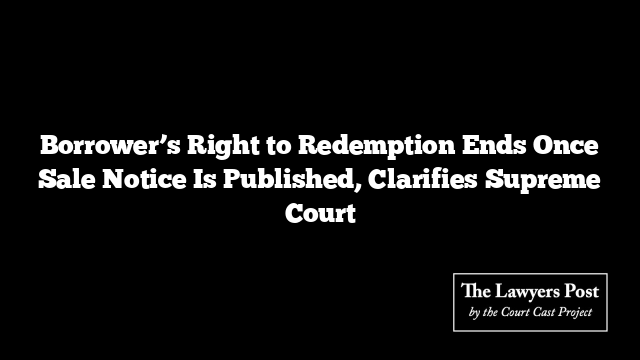The Supreme Court recently emphasized that company directors or officials cannot automatically be held vicariously liable for their company’s unlawful actions. To establish such liability, the court ruled, there must be clear evidence of the director’s direct involvement in the illegal activity, supported by specific statutory provisions.
In this case, the appellants—high-ranking officials at Tata Realty and Infrastructure Limited and Tata Housing Development Co. Ltd.—were implicated in an environmental violation involving the illegal uprooting of 256 trees in Gurugram. The Punjab & Haryana High Court had previously denied their request to quash the FIR filed against them, alleging violations under the Punjab Land Preservation Act, 1900. However, the Supreme Court disagreed with the High Court’s ruling.
The Court clarified that simply being associated with a company does not suffice for vicarious liability. To hold a director or official accountable, there must be specific allegations linking their personal actions to the company’s wrongdoing. Vicarious liability, the Court stated, arises only when there are clear, substantiated allegations showing the director’s direct role in the offense.
The Court rejected the notion that directors should be presumed to know about every action taken by the company, and underscored that criminal liability requires evidence of an individual’s active participation in the offense. In this case, the appellants had not been directly connected to the tree uprooting incident, nor was there any statutory provision establishing their vicarious liability for such acts.
As a result, the Court quashed the criminal proceedings against the appellants, setting a significant precedent for how directors and company officials are held accountable under the law. The ruling reinforced the principle that personal involvement is essential to vicarious liability, and without specific allegations, such liability cannot be assumed.
The appeal was allowed, and the Court emphasized that any statute imposing vicarious liability must explicitly attribute personal responsibility to the individual director or officer.





